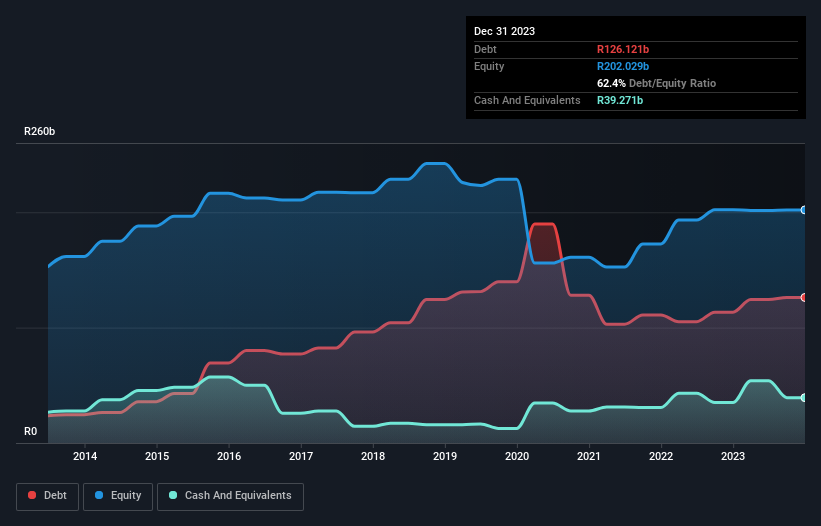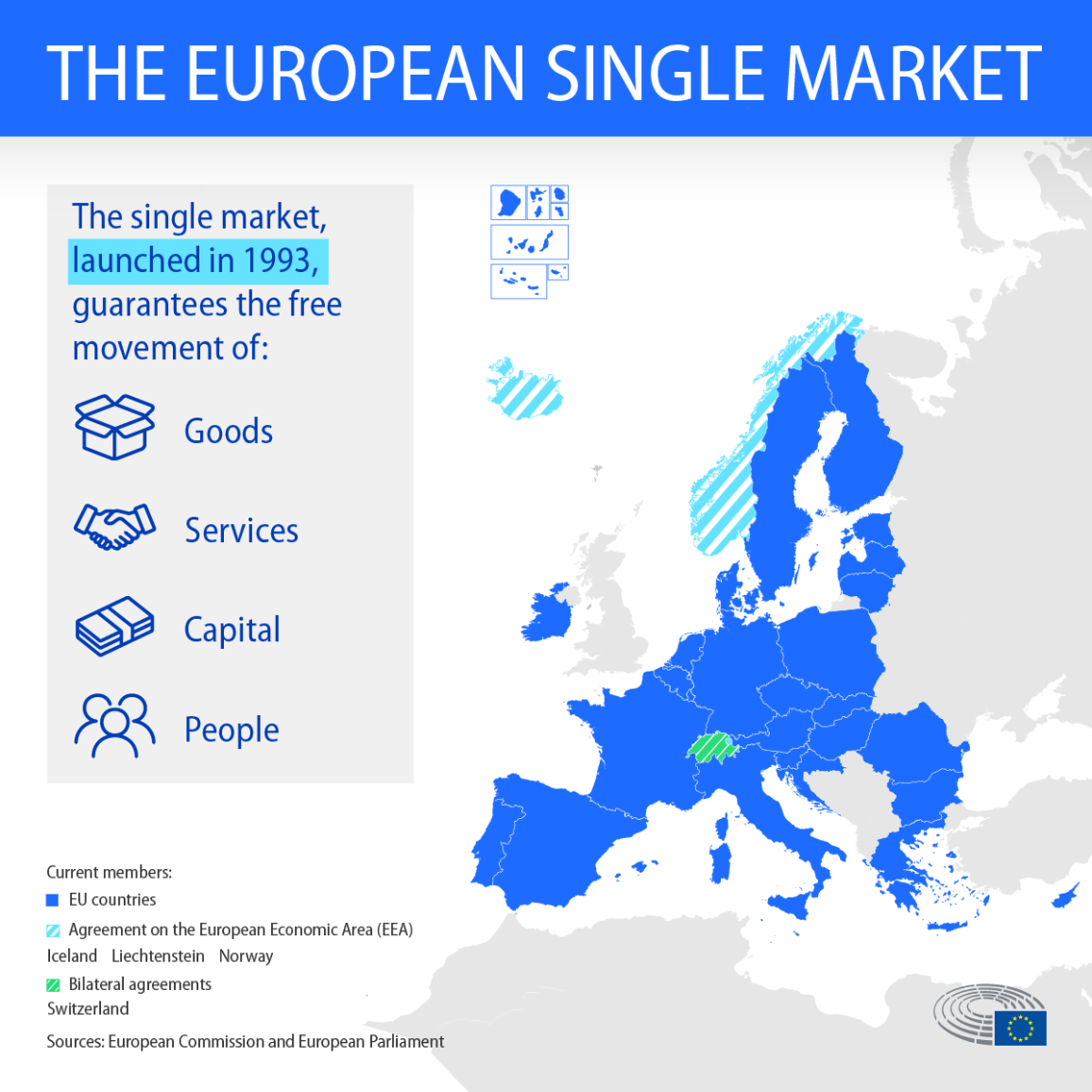Porsche's Brand Positioning: The Ferrari-Mercedes Conundrum And Trade War Impacts

Table of Contents
Porsche's Unique Brand Identity: A Balancing Act
Porsche's brand identity is a carefully crafted balance. It's not simply about building high-performance sports cars; it's about crafting an experience. Key to understanding Porsche's brand positioning is recognizing this delicate equilibrium between several key elements:
-
Leveraging its rich racing heritage and iconic design language: The 911, for example, represents a timeless design that has evolved over decades, consistently retaining its core identity while incorporating modern technology and performance enhancements. This consistent brand identity provides a strong foundation for attracting customers who value heritage and tradition. The brand's racing success continuously reinforces this image of performance and prestige.
-
Maintaining a balance between exclusivity and accessibility (compared to Ferrari): Unlike Ferrari, which cultivates an image of extreme exclusivity, Porsche offers a wider range of models, making its vehicles more accessible to a broader segment of the luxury car market. This broader accessibility allows Porsche to capture a larger market share while still maintaining a sense of prestige.
-
Focusing on both performance and everyday drivability (differentiating from pure sports car brands): While performance is paramount, Porsche vehicles are also engineered for everyday use. This blend of performance and practicality is a crucial aspect of Porsche’s brand positioning, attracting buyers who seek both exhilarating driving experiences and the comfort of a well-engineered vehicle. The Cayenne SUV perfectly exemplifies this approach.
-
Strategic use of limited edition models to enhance exclusivity and desirability: Limited edition models, like the 911 GT3 RS or special edition variants of the Cayenne, serve to reinforce the brand's image of exclusivity and innovation. These limited releases create excitement and maintain a high level of desirability among Porsche enthusiasts.
-
Cultivating a strong brand community and emotional connection with consumers: Porsche actively fosters a strong community among its owners, creating a sense of belonging and shared passion. This emotional connection helps solidify brand loyalty and reinforces the brand's identity.
The Ferrari Challenge: Aspirational Luxury and Exclusivity
Ferrari represents the pinnacle of aspirational luxury in the automotive world. Its brand positioning is built on extreme performance, exclusivity, and a rich racing legacy, often perceived as even more exclusive than Porsche. This presents a significant challenge to Porsche's brand positioning:
-
Analyzing Ferrari's focus on pure performance and extreme luxury: Ferrari prioritizes uncompromising performance and opulent luxury, catering to a clientele seeking the ultimate in automotive excellence. Their production numbers remain relatively low, fueling the perception of exclusivity.
-
Examining Ferrari's limited production volumes and higher price points: Ferrari's limited production further enhances its exclusivity, commanding significantly higher prices than most Porsche models. This positioning limits their market reach but solidifies their image as a symbol of ultimate success.
-
Assessing the impact of Ferrari's brand image on Porsche's market positioning: Ferrari's image as the ultimate performance brand forces Porsche to carefully differentiate its offering. Porsche must emphasize its balance of performance and practicality to avoid being overshadowed.
-
Identifying opportunities for Porsche to differentiate itself from Ferrari's aspirational image: Porsche's strategy relies on offering a more accessible yet still highly desirable performance brand. Their focus on technological advancements and daily usability provides a clear point of differentiation.
The Mercedes-Benz Conundrum: Technological Innovation and Market Share
Mercedes-Benz represents a different kind of challenge: technological dominance and sheer market share. Mercedes offers a vast range of vehicles, encompassing various segments, from entry-level luxury to high-performance models. This broad portfolio directly competes with Porsche in certain areas.
-
Analyzing Mercedes-Benz's strength in technological advancements and innovation: Mercedes is a leader in automotive technology, often introducing cutting-edge features and innovations before other brands. This presents a constant need for Porsche to keep pace in technology.
-
Assessing the overlap in target market segments between Porsche and Mercedes-Benz: Both brands target affluent customers seeking high-performance and luxury vehicles. This overlap necessitates a clear brand differentiation strategy for Porsche.
-
Determining how Porsche can maintain its distinct identity against Mercedes-Benz's broad portfolio: Porsche's strategy is to focus on specific niches within the luxury car market, such as high-performance sports cars and performance SUVs, where its brand identity shines.
-
Highlighting Porsche's focus on specific niches within the luxury car market to avoid direct competition: By concentrating on specific segments and maintaining its unique brand identity, Porsche avoids a direct head-to-head battle with Mercedes-Benz across its expansive product range.
Navigating Global Trade Wars and Economic Uncertainty
The global automotive industry is highly susceptible to geopolitical and economic shifts. Trade wars and economic uncertainty pose significant challenges to luxury car manufacturers like Porsche:
-
Exploring the impact of tariffs and trade restrictions on Porsche's production and supply chain: Tariffs and trade restrictions can directly impact Porsche's production costs and potentially limit access to certain markets, affecting profitability and sales.
-
Analyzing the effects of global economic uncertainty on consumer demand for luxury vehicles: Luxury goods are often the first to be impacted during economic downturns. Porsche needs robust strategies to manage demand fluctuations.
-
Examining Porsche's strategies to mitigate risk and maintain profitability during periods of economic instability: Porsche’s diversification strategy, including its SUV models, helps buffer against potential drops in demand for sports cars.
-
Discussing the company's diversification strategies to reduce reliance on specific markets: Porsche’s global presence helps mitigate risks associated with reliance on any single market, promoting resilience against economic and political instability.
Conclusion
Porsche's brand positioning is a complex and dynamic balancing act. The company skillfully navigates the competitive pressures from Ferrari's aspirational allure and Mercedes-Benz's technological dominance, all while managing the challenges presented by global trade uncertainties. By leveraging its unique brand heritage, focusing on specific market niches, and implementing robust risk management strategies, Porsche continues to thrive in the competitive luxury car market. Understanding Porsche’s brand positioning strategy provides valuable insights into how luxury brands can successfully navigate a complex and ever-evolving marketplace. To stay updated on the latest developments in Porsche's brand strategy and the luxury automotive industry, continue to explore resources focusing on Porsche brand positioning and its ongoing competitive landscape.

Featured Posts
-
 Sasol Sol Investor Concerns After Two Year Strategy Silence
May 21, 2025
Sasol Sol Investor Concerns After Two Year Strategy Silence
May 21, 2025 -
 Betaalbare Huizen Nederland Analyse Van Het Standpunt Van Abn Amro En Geen Stijl
May 21, 2025
Betaalbare Huizen Nederland Analyse Van Het Standpunt Van Abn Amro En Geen Stijl
May 21, 2025 -
 Macrons Plea A European Market For European Goods
May 21, 2025
Macrons Plea A European Market For European Goods
May 21, 2025 -
 Ing Group Publishes 2024 Financial Results Key Highlights From Form 20 F
May 21, 2025
Ing Group Publishes 2024 Financial Results Key Highlights From Form 20 F
May 21, 2025 -
 Huizenprijzen Nederland Abn Amro Vs Geen Stijl Debat Over Betaalbaarheid
May 21, 2025
Huizenprijzen Nederland Abn Amro Vs Geen Stijl Debat Over Betaalbaarheid
May 21, 2025
